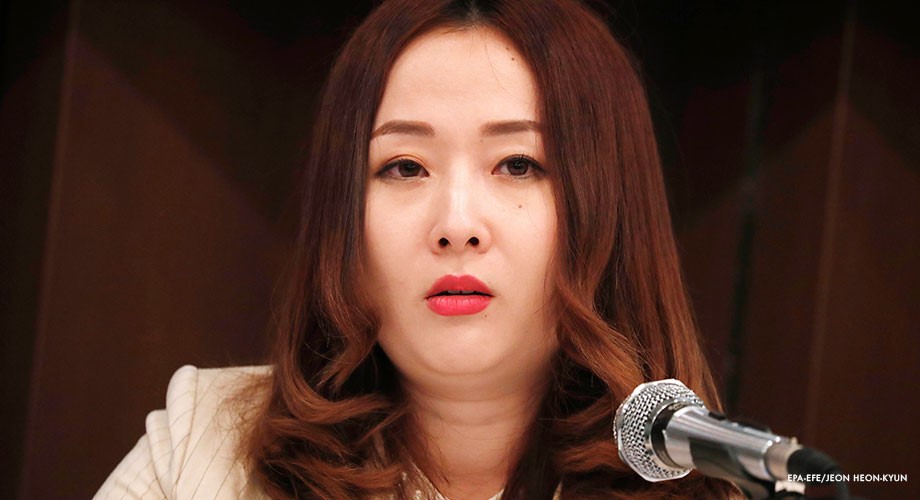HanByeol Lee’s last memory of North Korea was seeing a two-year old girl who had lost her parents, wandering the streets, crying. She was only 17 when she escaped the country to South Korea (ROK – or Republic of Korea), after living through the extreme famine of the 1990s, and after seeing her father die due to the lack of food.

Today, she is the director of an organisation which campaigns for the betterment of human rights in North Korea (DPRK – or Democratic People’s Republic of Korea). She lives in Seoul, ROK.
Last week, Lee spoke at the press conference which launched UN Human Rights’ report on corruption and repression in the DPRK.
Here is her story.
My life in DPRK
Living in the DPRK was a terrifying experience for me as a child. It was as if a horror movie was playing out in real life. A great number of people died from the lack of food and contagious diseases such as cholera and typhoid fever.
My father died because we did not have enough food.
I was unable to go to school, like many other children. Instead, I had to engage in commercial activities at the jangmadang (rudimentary market).
My family went for a week without food. When I was twelve, I made clothes and bread with my mother and tried selling them at the market. But there was a crackdown by police officers, and we lost all of our money.
It was extremely difficult to secure food and make a living. People were executed for stealing corn from corn fields, or were shot dead for stealing rice from other people’s homes.
When I escaped, I was ill and on the brink of death.
The decision to leave
My mother risked her life to leave so she could feed our family. She crossed the Tumen River to seek assistance from relatives in China.
As our family started to earn some money, we came under the surveillance of the authorities.
One day, we heard from someone affiliated with the authorities that my mother was being charged with false accusations as grounds for her execution, and that we should run away. So we did.
My brother is still missing
My elder brother had always been a decent and good person and loved his family more than anyone. However, when it became difficult for his family to sustain a living, he tried to visit us in China to seek our help. The day he attempted to escape in 2009, he was arrested and was forcibly repatriated. He was divorced from his wife against his will, and is detained in Kyongsong political prison camp in the DPRK. This year marks 10 years since my brother was forcibly repatriated, but I still do not know whether he is dead or alive.
Severe human rights concerns
The most serious issue is that there are people in detention facilities whose human rights are being brutally violated. They are dying from torture, starvation, and harsh labour.
Secondly, DPRK society is ridden with structural issues meaning people must commit illegal acts to survive, and have no choice but to depend on the rudimentary market for their subsistence.
The most basic right to life is not guaranteed, and the monthly salary at factories is not enough to buy rice for a single meal, which is why many people suffer from hunger. North Koreans are being exploited for labour by the state, and their work goes unrecognized in their salaries.
The last resort for such people is to flee the DPRK.
Thirdly, freedom of movement is not guaranteed. Domestic travel requires permission by the state; and DPRK residents are not free to travel overseas, or to have passports issued.
Fourthly, children’s human rights are not guaranteed. At school, young children are taught how to shoot and made to do farm work or other forms of labour.
Institutional improvements are also needed to better protect and raise children with no parents or homes, at orphanages.
Finally, religious people are being detained and persecuted. Of those serving life in the political prison camps and prison camps of the DPRK, there are many sentenced to life and detained just for coming into contact with Christianity.
I became a human rights defender because
After the violations that I and my family have lived through, I became determined to inform the international community about our pain, and to do as much as I can to solve the problem.
I am now Director of The Improving North Korean Human Rights Centre which documents human rights violations in the DPRK experienced by escapees who were forcibly repatriated, and informs the UN Human Rights Seoul office about these violations.
We also rescue North Korean escapees living in China who ask for our help, and we assist female escapees in China with children under five.
In the DPRK, one slip of the tongue will have your entire family taken away in the middle of the night without anyone knowing. In the ROK, anyone is free to speak up about national policies. I believe that indicates true freedom. Put simply, freedom means to be able to live as a true individual without being oppressed by anyone else.
My dreams
My hope is that the North Korean people, in the near future, enjoy the freedom I enjoy in the ROK, that they lead humane lives, and that the DPRK and ROK prosper as a unified country.
I do hope these dreams come true in my lifetime.
I will not stop working to that end.
If more people join me in these efforts and the international community strives to help the North Korean people, don’t you think these dreams really may come true?
7 June 2019
